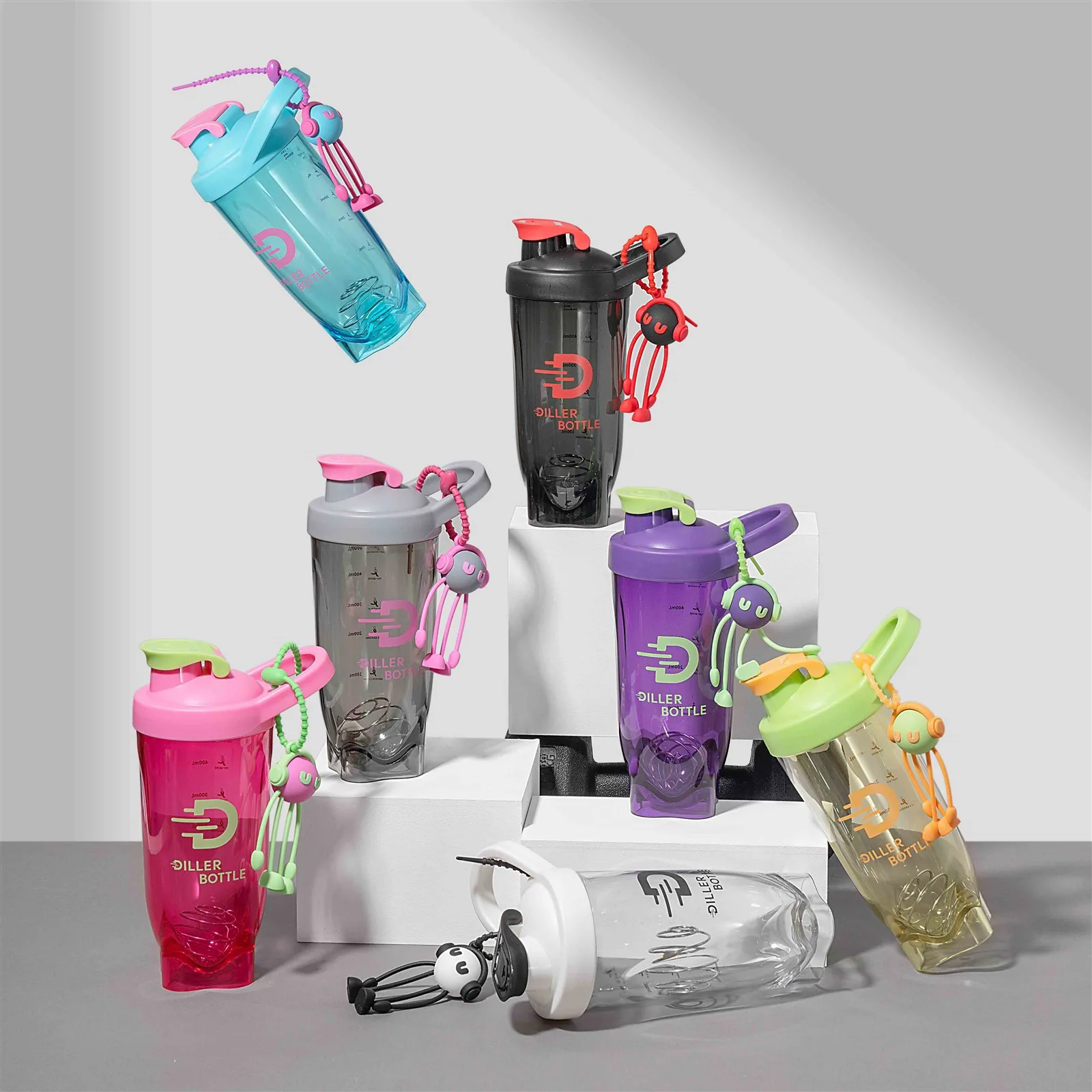With increasing global environmental awareness, the demand to reduce plastic pollution and support sustainable lifestyles has grown significantly. A reusable water bottle is an essential item in our daily lives, not only reducing plastic waste but also ensuring the safety and healthiness of our drinking water.
Types of Reusable Water Bottles
Plastic water bottles are commonly used due to their affordability and lightweight nature. When choosing a plastic water bottle, consider the following:
Material Safety: Opt for BPA-free and food-grade plastics to avoid harmful chemicals leaching into your water.
Durability: Choose durable plastics that are less likely to deform, and avoid prolonged exposure to high temperatures to prevent the release of harmful substances.
2. Stainless Steel Water Bottles
Stainless steel water bottles offer excellent durability and insulation, making them suitable for outdoor activities and long-term use. Consider these factors when choosing a stainless steel water bottle:
Material Quality: Opt for food-grade stainless steel to ensure it does not affect water quality.
Insulation: Double-walled vacuum insulation provides better temperature retention.
Weight and Portability: Stainless steel bottles may be heavier than plastic ones, so choose a suitable size and weight for your needs.
Glass water bottles do not leach harmful chemicals and are ideal for those prioritizing health and taste. However, handle with care due to their fragility:
Fragility: Glass bottles are prone to breakage, so handle them with care to avoid damage.
Weight: Glass bottles may be heavier compared to plastic or stainless steel, impacting portability and durability considerations.
How to Choose the Right Water Bottle
When selecting a reusable water bottle, consider these key factors:
Daily Use Habits: Determine where and how you will use the bottle-whether for office use, sports, or outdoor activities.
Capacity Needs: Choose a size that matches your daily water intake and suits your lifestyle.
Material Preferences: Depending on durability, insulation needs, and health considerations, select the appropriate type of bottle.
Tips for Use and Maintenance
Regardless of the type of water bottle you choose, follow these guidelines:
Regular Cleaning: Keep the bottle clean inside and out to prevent bacterial growth and odors.
Avoid Excessive Heat: Do not expose the bottle to high temperatures or use it with hot liquids to prevent material deformation or the release of harmful substances.
Regular Replacement: Depending on the material and frequency of use, replace your water bottle regularly to ensure health and safety.
Environmental Awareness and Sustainable Living
Choosing a reusable water bottle is not just a personal lifestyle choice but also a contribution to environmental protection. By reducing plastic waste, each individual can make a positive impact on Earth’s health and sustainable development.
Choosing a reusable water bottle that suits your needs is not only a matter of convenience and health but also a commitment to environmental stewardship. We hope this article helps readers make more environmentally friendly and health-conscious choices in their daily lives, contributing to a better future for all.


